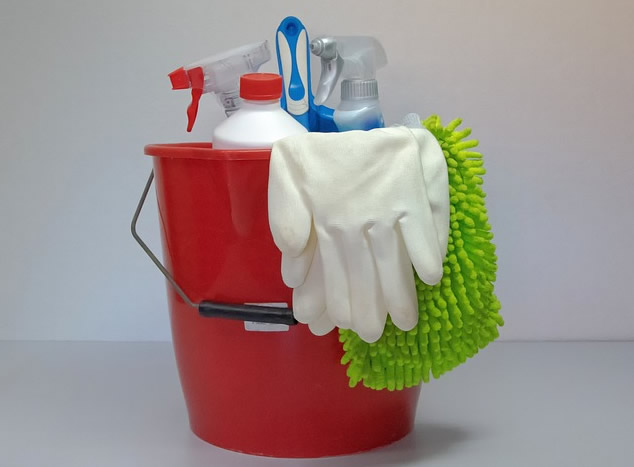先日から「Why spring-cleaning won’t benefit your health -「大掃除は健康に役立たない?」を読んでいます。

・「大掃除は健康に役立たない?」(1)
・「大掃除は健康に役立たない?」(2)
・「大掃除は健康に役立たない?」(3)
・「大掃除は健康に役立たない?」(4)
Graham Rook, emeritus professor of medical microbiology at University College London (UCL), says the hygiene hypothesis should instead be reframed as the “old friends hypothesis.”
ユニバーシティ・カレッジ・ロンドン(UCL)のグラハム・ルック名誉教授(医療微生物学)は、衛生仮説は「旧友仮説」と言い換えるべきだと言う。
He argues that exposure to “old friends”, non-infectious organisms, which have been around for much of our evolutionary history, is actually what trains the immune system to not overreact to harmless microbes, rather than childhood infections or how clean your home is growing up.
彼の主張は、幼少期の感染歴や家の清潔さよりも、進化の歴史上ずっと存在してきた「古い友人」である非感染性の生物に触れることが、無害な微生物に過剰反応しない免疫系を鍛えるというものだ。
“We’re born with a fully formed immune system that needs programming,” says Bloomfield.
「私たちは生まれながらにして、プログラミングを要する完全な免疫システムを持っています」とブルームフィールドは言う。
“The programming is done by the ‘old friends’.
「そのプログラミングを“古い友人たち”が担当するわけです。
[They are] teaching the immune system to not react to things like pollen and food allergens, which are perfectly harmless.”
(彼らが)花粉や食物アレルゲンのような、まったく無害なものには反応しないよう、免疫系に教えるのです。」
A child’s susceptibility to developing allergies therefore does not have anything to do with cleanliness, but rather with their exposure to different types of microorganisms via their gut, their skin and the air they breathe, according to scientists.
科学者たちによれば、アレルギーを発症しやすいかどうかは、清潔さとは関係なく、むしろ腸や皮膚、呼吸する空気を通して様々な種類の微生物にさらされるかどうかだという。
様々な菌に自然と触れる環境(農家など)に育てば、意識せずとも非感染性の生物に触れる機会が増えますから、その分免疫を鍛える上では有利な気がします。
それが良い場合(免疫が強くなる)と悪い場合(病気にかかるなど)があり、多くの人は「悪い場合」を恐れて清潔と衛生に気をつかいます。
可能であれば、その良し悪しを判断出来るのが理想的ですが、そんな都合よくはいきませんかね(笑)。
理由は単純明快!「少ないコストでしっかり楽しく学べるから」。
私自身の経験(高機能でビックリ)をびっしり書いていますので、良かったら読んでみてください。
下のバナーからどうぞ!






